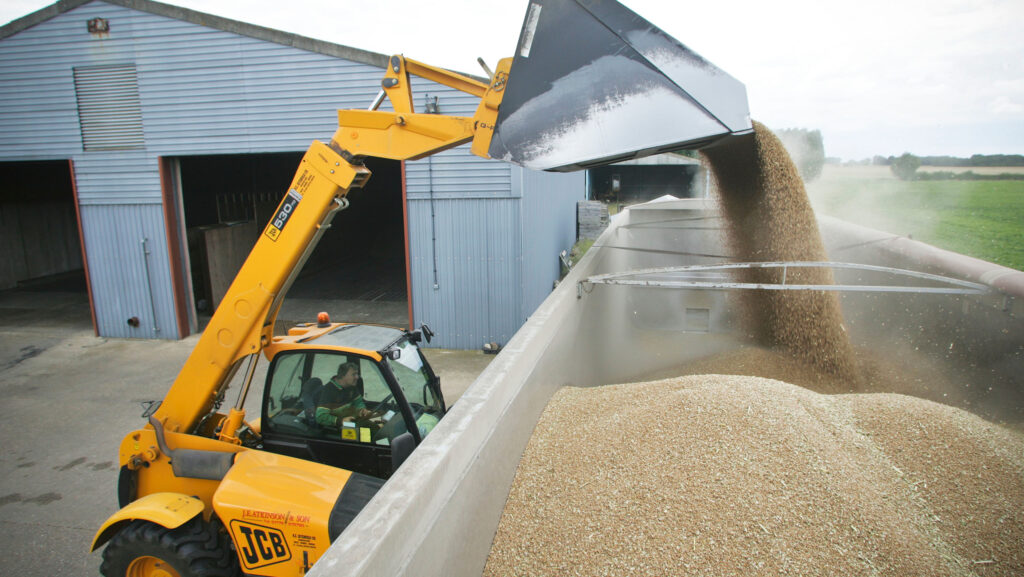Digital grain passports redesigned to address concerns
 © Tim Scrivener
© Tim Scrivener A revised business case for digital grain passports has been unveiled by its leadership group following an industry-wide consultation on the project’s future earlier this year.
The leadership group includes delegates from NFU, the Agricultural Industries Confederation (AIC), the Maltsters’ Association of Great Britain, UK Flour Millers and NFU Scotland.
It hopes the new business case can resolve many of the concerns raised during the consultation.
Obligatory feedback of information to growers, a tighter control on finances, and a telephone help desk have all been included as updated changes.
See also: Group of merchants team up to oppose digital grain passports
A new, smaller scale consultation will now take place, with industry bodies expected to discuss the changes with their members and then give feedback to the leadership group before harvest.
A leadership group spokesperson said: “We appreciate industry’s invaluable feedback and patience while we’ve worked through and resolved what were often complex issues.
“Publication of the revised business case is an important milestone, which reflects the benefit of a collective development approach we have adopted.
“We will maintain dialogue with the supply chain as development work continues, with the key next steps securing funding and planning for system implementation.”
Robert Sheasby, the AIC’s chief executive, said: “Significant changes have been made to the digital passport business case since the industry last had the opportunity to review it – particularly around data feedback, governance, funding, and accessibility.
“That is why AIC insisted that there must now be a period for its members to review the changes to the business case and digest the answers to key questions posed during the original industry-wide consultation.”
New consultation
At Cereals on 11 June, NFU combinable crops board vice-chairman James Mills told Farmers Weekly that the NFU would now reconsult with its regional commodity boards to ensure that those key asks have been met.
Mr Mills said: “As a national crops board, we remain committed to ensuring that feedback comes onto farm and that we really own the data within the supply chain rather than running the risk of seeing multiple systems being created and us losing that control on farm.
“We think that the principle of the passports itself has been established and it’s just how we then refine that business case to make sure it delivers both financially and can be justified that way, but also ensures that farmers continue to have a route to market even if they are not digitally capable, but importantly retain ownership of that data.”
Pros and cons
Work on the potential implementation of digital grain passports to replace traditional paper passports has been rumbling on over the past decade with trials taking place as early as 2014.
Supporters of digital grain passports argue that it will provide real-time information for growers and improve data integrity and sharing, while also reducing costs throughout the supply chain.
However, support for the introduction of digital grain passports has been mixed, with some industry bodies and smaller grain merchants seeing it as another barrier and expense.
Earlier this year, a group of grain merchants collaborated to voice concerns and NFU Scotland has also spoken out against it in the past.
On 11 June, NFU Scotland’s combinable crops chair Jack Stevenson welcomed publication of the final business case for digital grain passports.
Mr Stevenson said: “NFU Scotland has been actively representing our arable members in discussions and we know that there are split views within the industry with regards to whether moving to a digital system is a positive step forward.
“As discussions have evolved, it has become clear that some end users, including millers and maltsters, are now starting to make the case for a digital passport.
“The NFUS combinable crops committee previously established six key tests for digital grain passports, and we will consider if these have been met by the new business case.”
